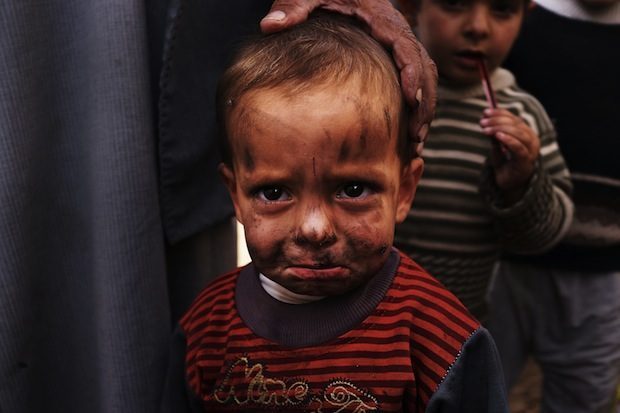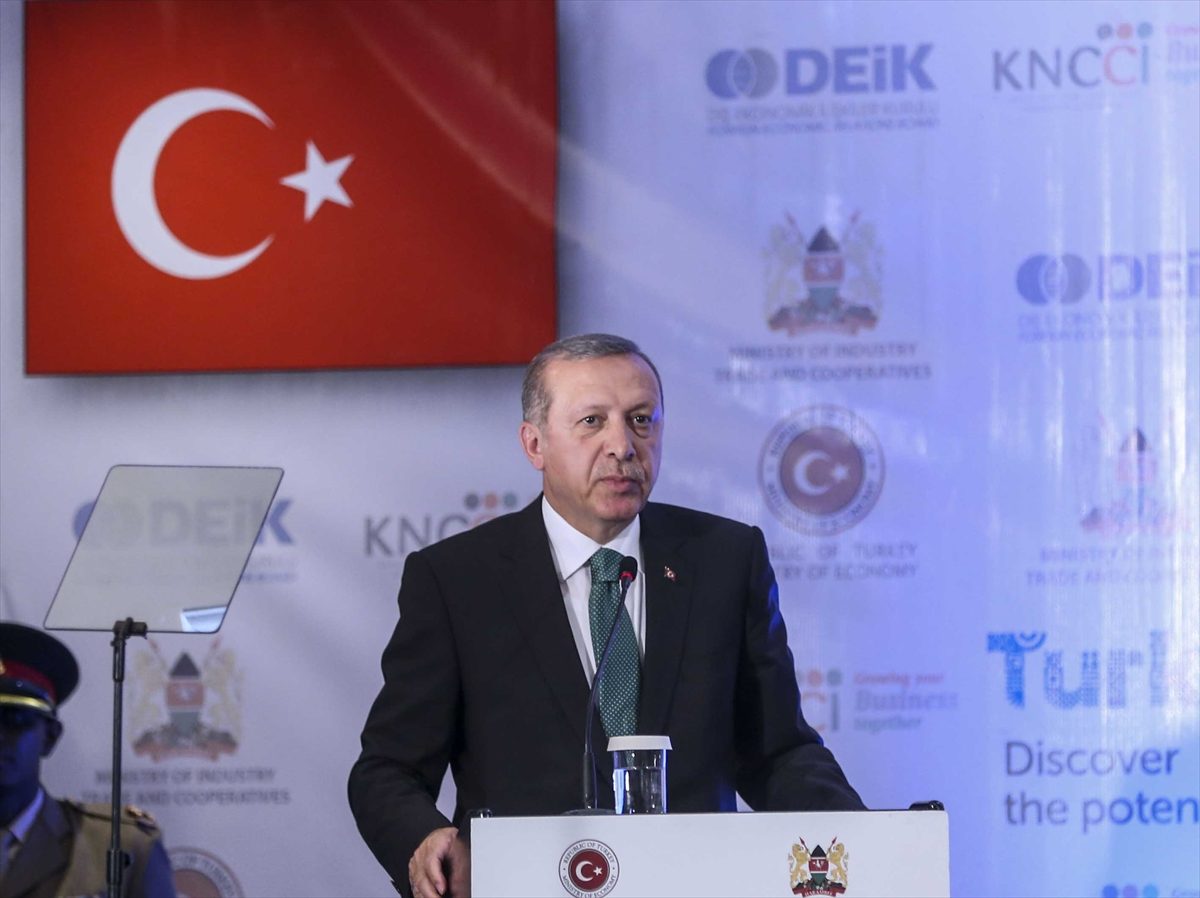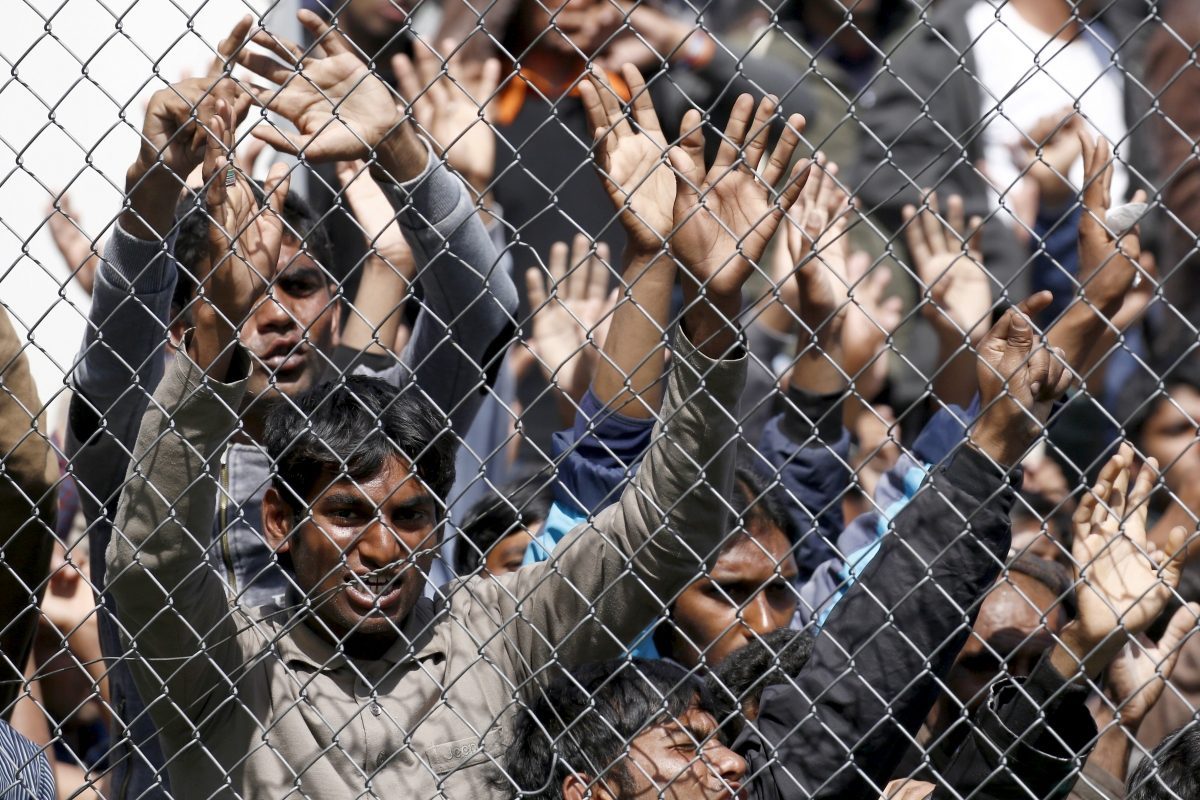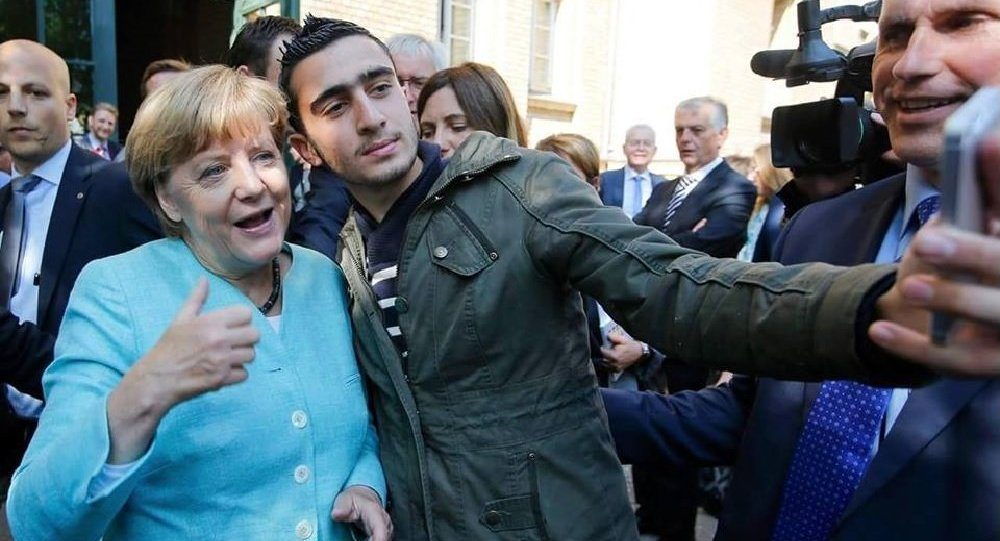
As the war in the middle east region draws a dark image of the present time, this image in the future will be darker if nothing is done to save the lost generations who are most effected by this war.
The humanitarian activist, Yara al-Wazir, made a report about the effect of the war on more than 3 million children who became refugees and facing an uncertain fate.
Without solid action to enroll 3.7 million child refugees into education, the future of the region is in jeopardy. The children of today will be in a position where they are expected to lead their communities within the next twenty years – whether the region is doing sufficient work to prepare them for this onerous task is questionable.
As the world celebrates the 62nd international children’s day on November 20, the realities of children who are growing up in war-torn countries are of particular concern. There are two particular demographics within this group of children who have experienced war: those who have become refugees and those who remained to witness the destruction of their countries.
Those who have left have experienced difficult journeys in their bid to cross borders. Through high winds at sea and on foot across Hungary, these children have struggled a lot. Particular attention must be given to creating a safe education environment for these children, as well as addressing their mental health as they grow up.
Mental trauma is damaging in the long-term
The trauma experienced is not to be underestimated – in an extreme case like Syria, 79 percent of the children have experienced death in the family, 60 percent have seen someone get kicked or shot and almost 50 percent showed signs of post-traumatic stress disorder (PTSD), which is ten times the higher than the worldwide average experienced by children – this is according to a report by migration policy.
Addressing the mental trauma faced by children is not simply a function of the individual child, rather the microsystem, macrosystem and ecosystem that they live in – that being the family and religion, political and economic context, as well as the neighborhood and relationship within schools and family that the child experiences. All of these systems must be addressed jointly in order to effectively address the mental trauma that these children have faced.
A solid mental health rehabilitation program must be developed and delivered to these children. If this is not addressed, there is a significant risk that children will continue to fall into the same cycle of violence in which they grew up. A repetitive cycle poses a threat to the future of the region, assuming it is ever able to achieve peace between now and then.
Education must become a priority
Without active policies to guarantee education to child refugees, we are severely jeopardizing their futures and the future of the region. Over 3.7 million child refugees are out of education, according to a recent report. The schools that do exist for these children are often overcrowded, underfunded and rarely foster a strong teaching environment that can nurture children despite what they have been through. Once children are enrolled back into education, it will be difficult to bridge the gap in their learning and allow them to reconnect and understand what schooling means. For many children, schools have become associated with the war, as schools have been used as a safe haven and as a target in the war. Therefore it is important to build an educational environment that promotes trust in the system.
When it comes to enrolling children into schools, direct school funding isn’t the only issue. Even if the schools are free, the cost of transportation both from a monetary and time perspective must be taken into account. There have been reports of children working in clothing factories to help pay for their families wellbeing. Therefore the support must not only be extended to schools, but to ensuring that families see the value in sending their children to schools to receive a solid education.
The objective of creating schools that cater to children who have experienced war is not limited to providing an education to prepare children for 9-5 jobs in the future, perhaps more importantly, the objective of schools must be to create a safe haven and comfortable environment for children to grow and forget about the worries at home, to forget about their crying mother mourning the loss of their father, or their father worrying about whether or not he can afford to feed them. Education is the most powerful weapon to fight back poverty, destruction, and to ensure the community is equipped to rebuild itself in the future. Right now, the education system and healthcare systems are failing millions of child refugees – this must come to an end before it is too late.



